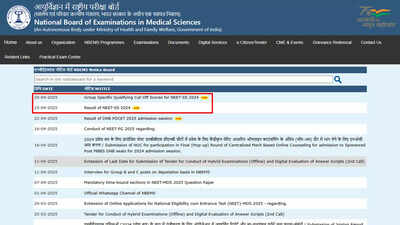Trump administration backs down in legal fight over international student records

The Trump administration has backed away from an aggressive legal push to revoke the immigration records of thousands of international students in the US, following mounting legal challenges and growing public scrutiny. The decision was announced during court proceedings on April 26, 2025, after a wave of lawsuits exposed flaws in the enforcement tactics used by US Immigration and Customs Enforcement (ICE).
As reported by CNN, attorneys from the Department of Justice (DOJ) told courts that ICE is developing a new policy framework for terminating SEVIS records—the tracking system used by the Department of Homeland Security to monitor international students’ immigration status. Until the new system is in place, ICE will stop issuing new terminations based on National Crime Information Center searches.
Legal actions prompt dramatic reversal
This development marks a major shift in the administration’s immigration policy. Students across multiple states, including New Hampshire, Georgia, and Pennsylvania, had filed lawsuits after facing SEVIS revocations without clear explanations. Some had their records terminated for minor infractions, or in some cases, no known violation at all.
According to a CNN tally, more than 240 SEVIS accounts have already been reinstated across 64 different schools. DOJ attorneys also stated in court that ICE is in the process of restoring records for all affected students—not just those who sued. However, ICE maintains it still has the authority to terminate SEVIS records for other reasons, such as visa violations or criminal activity.
SEVIS cancellations followed campus protests and minor infractions
CNN reported that ICE began revoking student statuses in March, initially targeting students involved in protests related to the Israel-Hamas conflict. Later, officials extended revocations to students with minor legal infractions, including cases of traffic violations or dismissed charges. In one case, Dartmouth University student Xiaotian Liu, who has lived in the US since 2016, had his SEVIS record terminated despite having no criminal history. A federal judge issued a restraining order in his favor.
Legal experts argue that ICE’s actions caused widespread panic, detentions, and even self-deportations. The American Immigration Lawyers Association (AILA) stated that nearly 4,700 students were affected. AILA’s Gregory Chen told CNN that ICE’s reversal “gives some relief,” but warned of “long-term harms” to students and institutions.
Judges seek more answers despite partial reinstatements
Despite the administration’s announcement, not all legal concerns have been resolved. Senior District Judge Jeffrey White in San Francisco demanded further documentation from DOJ attorneys, expressing skepticism over the “new world order” they claimed had begun, as quoted by CNN. Attorneys representing students also called ICE’s policy statement “woefully inadequate,” raising concerns about students who had already left the US and whether they would be allowed to return.
As CNN reported, civil rights advocates emphasized that while the restoration brings temporary relief, the broader consequences for US universities and their global partnerships remain unresolved.




